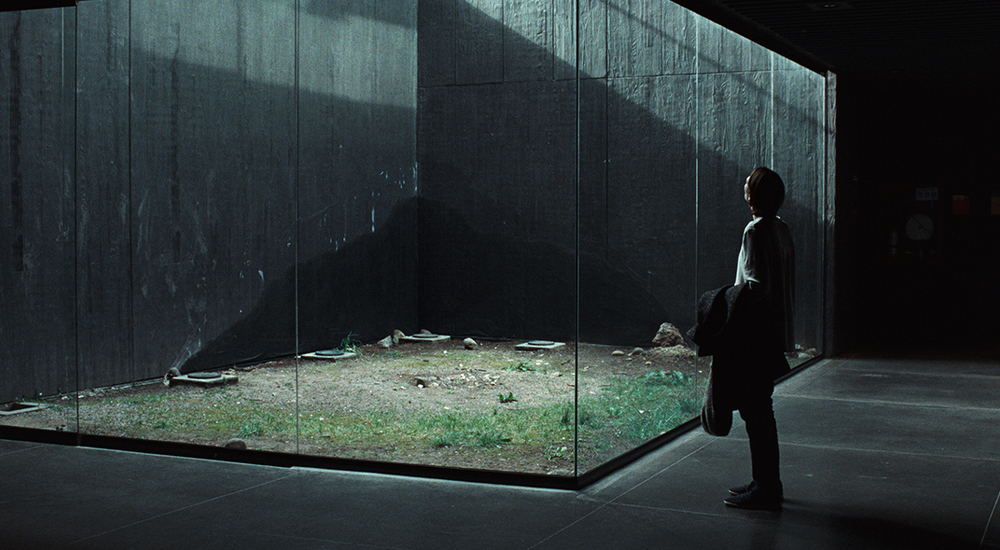"Do you also remember your dreams?"
Tilda Swinton has always been a cut above the rest of us. Contemporary in nearly every sense of the word, she tackles highbrow projects made and curated for the art enthusiast. It doesn't mean that she is technically better … well, maybe it does.
Apichatpong Weerasethakul is equally brilliant. The Thai artist and filmmaker offers a unique viewpoint of the world. His tendency to fixate with an unbroken gaze is nothing short of incredible. As is his ability to convince you that the past and the present, the living and the dead, coexist next to one another. His films bear a calmness rarely seen in cinema, utilizing an organic, realist approach for maximum impact.
Separately the two are incredible artists. Together, they are a dynamic pair. Memoria is the culmination of both their talents. A beautiful and mysterious movie, it prioritizes the experience, forcing you to question your own existence.
The film, Weerasethakul's first outside of Thailand, is set in Colombia. Swinton plays Jessica, an expatriate Englishwoman who currently lives in Medellín running an orchid farming business. She is presently in Bogotá visiting her ailing sister. One night, Jessica is awoken from a deep sleep by a strange noise. The noise, an unknowing staple to the film's plot, stays with her as she yearns for an explanation.
Later, she goes to dinner with her sister and her family. Again the noise occurs, inarguably deafening. Realizing no one else heard the disturbance, Jessica continues to talk, trying hard not to be affected by the sound of impact. The moment is disturbing as Weerasethakul refuses to turn away, forcing us to watch as Jessica struggles to make sense of the situation. Why is she the only one who can hear it? Is she suffering from a breakdown?
A series of events follow that has Jessica questioning her own mental state. A friend of a friend assists her with recreating the sound, hoping to wrestle free some meaning to the abrupt occurrence. But just as the two appear headed towards a romantic relationship, she arrives at the studio and is told by a room of engineers that no such person has ever worked there. Soon after, she encounters another man, a farmer, who has never left his village. As the two talk, Jessica begins to recover memories, only to then question their authenticity. Are these her memories? Received much like a radio frequency, the thoughts flood her mind, deepening her questions without providing any concrete answers.
The sci-fi leaning ending wasn't what I was expecting. Even now, I'm not entirely sure how I feel about it. But the film itself is a work of beauty. While not meant for everyone, those who know Weerasethakul's past work will have an advance going in. Still, even his more loyal fans stand to be impressed - this is the director's most complete work to date. Not only has he curated a film that is otherworldly, but he's teamed up with an actress that makes everything you see appear normal, rich in credibility. Admittedly, the story is slow-moving; alas, that is expected. But Memoria is a complex work of art that is well worth the wait. Though I cannot promise that I understand it all thoroughly, I am thankful I was present for the experience.

